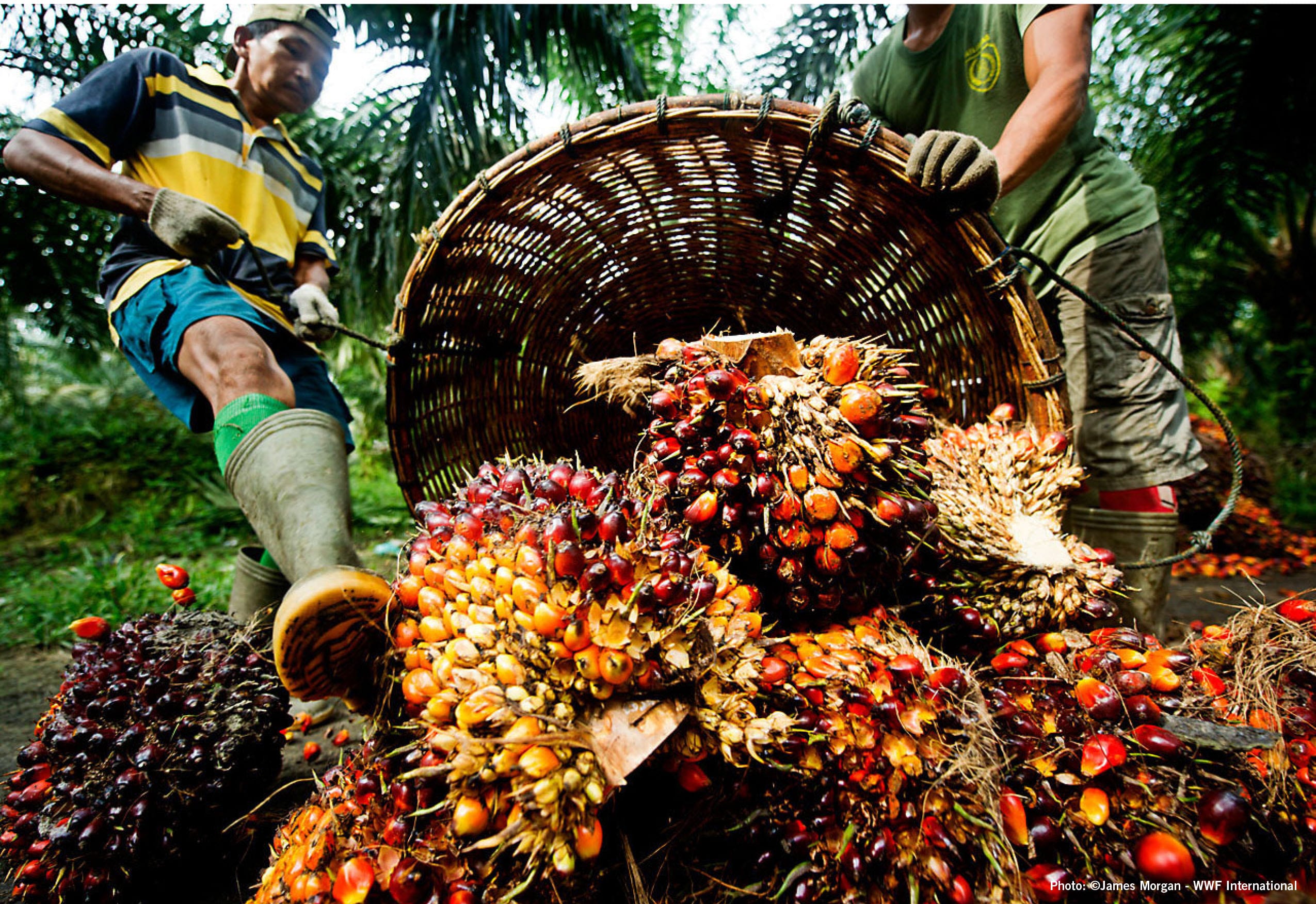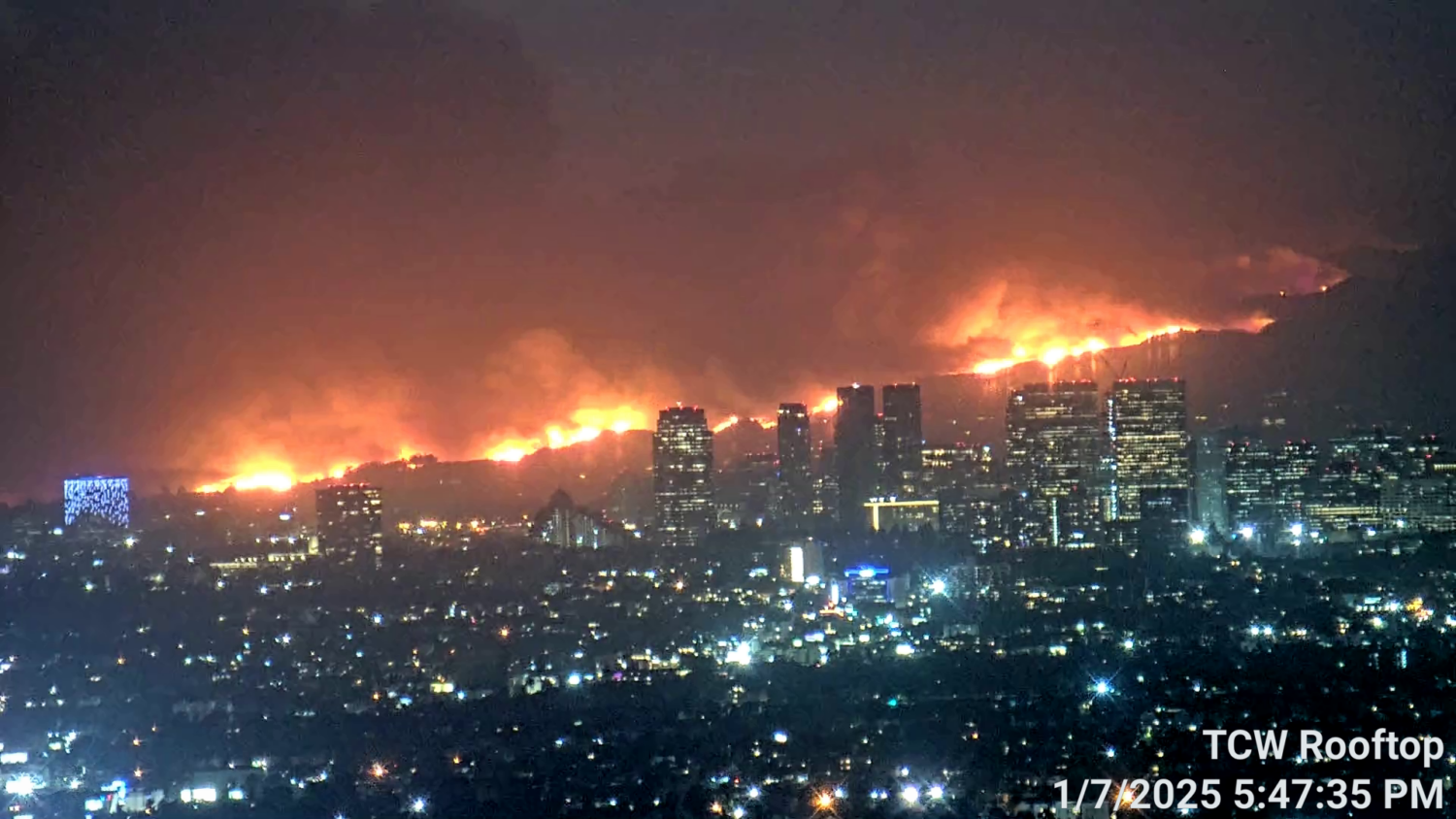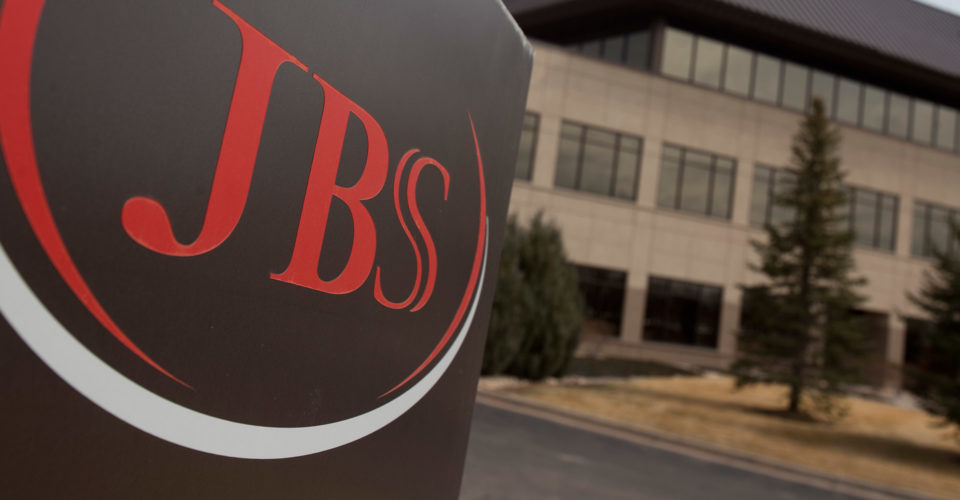
Newly Released Guidance Aims to Improve Transparency in the Palm Oil Industry
Ceres, Oxfam, Rainforest Alliance, CDP, and Rainforest Action Network Among over 18 Groups Releasing New Guidance
BOSTON (January 24, 2017)— With rainforest destruction and forced labor urgent concerns in palm oil cultivation, a diverse group of NGOs and investor organizations releases today shared guidance for corporate reporting on company commitments towards responsible palm oil sourcing and production.
Collaboratively developed by over 18 organizations (see list below) with input from companies, the guidance document aims to inform corporate reporting and supply chain engagement. The diverse group, which encompasses a range of perspectives on the palm oil challenge, came together to develop the guidance to create consistency and clarity for companies in the palm oil value chain on reporting.
“Numerous companies are putting resources towards sustainable palm oil; yet, deforestation, land conflicts, and labor issues persist,” said Noah Klein-Markman at Ceres. “Transparency on supply chain practices is critical for all stakeholders – investors, civil society groups, and businesses – to understand and address the implementation gap.”
Palm oil is the world’s most abundant vegetable oil and a common ingredient in food and household products. In Indonesia, where nearly half of the world’s palm oil is produced, forests and carbon-rich peat lands are being cleared faster than any tropical nation, accounting for as much as much as 79 percent of the country’s greenhouse gas footprint. Much of this impact is caused by the expansion of the palm oil industry. Forced and child labor, as well as land rights violations are also widespread in the industry.
Many companies are actively working to address these issues and are beginning to communicate progress to a wide range of stakeholders.
“M&S recognizes the value of transparency as part of supply chain management and is working with industry partners to measure and compare performance of Growers, Processors and Traders in our supply chain,” said Fiona Wheatley of Marks and Spencers, a British retailer. “This document guides companies towards reporting that is most meaningful and material to a wide range of stakeholders and contributes towards our collective goal of making palm oil production sustainable and deforestation free.”
The guidance document offers recommendations for growers, processors and traders; manufacturers; and retailers. It covers topics including supply chain transparency, effective grievance processes, forced labor, smallholder engagement, and responsible land expansion.
“Oxfam is concerned about the palm oil industry’s record on human rights and environmental protection, and believes that companies have an obligation and an opportunity to address these issues. Corporate actions and commitments must go hand in hand with meaningful transparency in order to facilitate implementation. We hope this guidance spurs greater transparency in the sector, ultimately contributing to sector transformation,” said Aditi Sen, a Senior Policy Advisor for Oxfam.
“The razing of rainforests and prevalent use of child labor in the palm oil sector create regulatory risks and hinder companies’ social license to operate, which can threaten access to raw materials, production, and overall brand equity. Companies need to be transparent about how they are managing these risks so that we, as investors, can identify and measure them effectively,” said Kate Kroll, Shareholder Advocate at Green Century Capital Management said.
Companies are encouraged to report the information outlined in the guidance document through existing vehicles, such as the Roundtable on Sustainable Palm oil (RSPO) Annual Communication on Progress, CDP, or sustainability reports and dashboards.
Download the reporting guidance document here.
***
The document was collaboratively developed by the following organizations:
Ceres (coordinator)
The Consensus Building Institute (facilitator)
CDP
Conservation International
Daemeter
Forest Heroes
Forest Trends
Global Forest Watch
Green Century Capital Management
Interfaith Center for Corporate Responsibility
International Labor Rights Forum
Mighty
Oxfam
The Packard Foundation
Rainforest Action Network
Rainforest Alliance
Seventh Generation Interfaith Coalition for Responsible Investment
Union of Concerned Scientists
Zoological Society of London
About Ceres
Ceres is a non-profit organization that is mobilizing many of the world’s largest companies and investors to take stronger action on climate change, water scarcity and other global sustainability challenges. Ceres directs the Investor Network on Climate Risk, a group of 120 institutional investors managing about $15 trillion assets focused on the business risks and opportunities of climate change and water scarcity. Ceres also engages with 100-plus companies, many of them Fortune 500 businesses, committed to sustainable business practices and the urgency for strong climate and clean energy policies. For more information, visit www.ceres.org or follow on Twitter @CeresNews.


